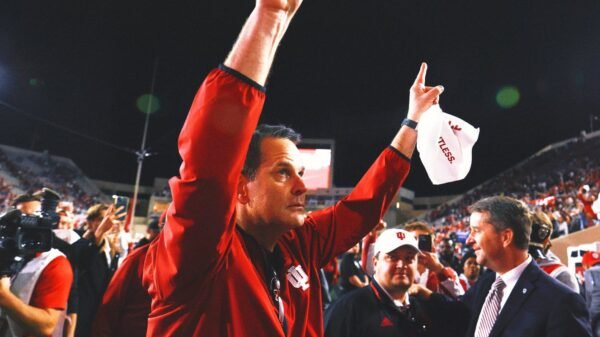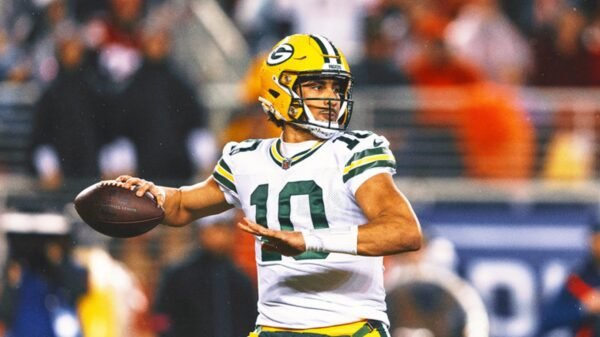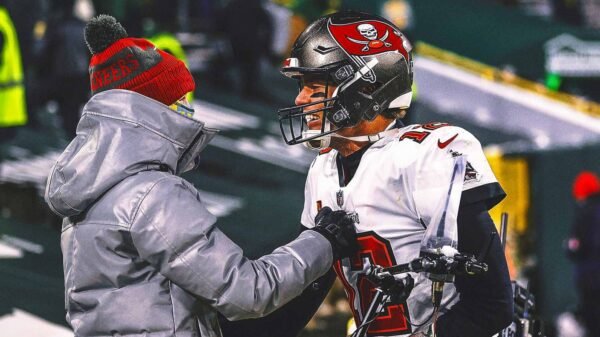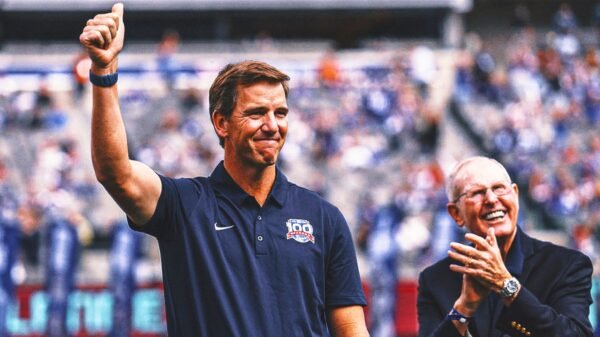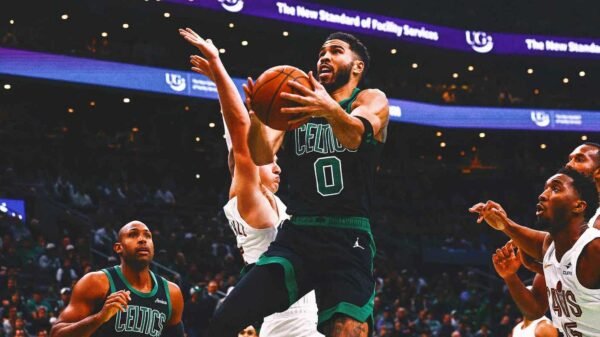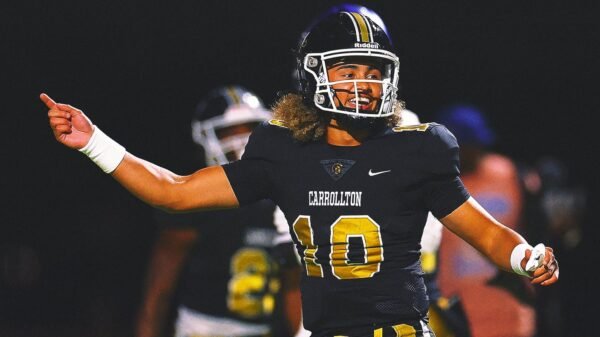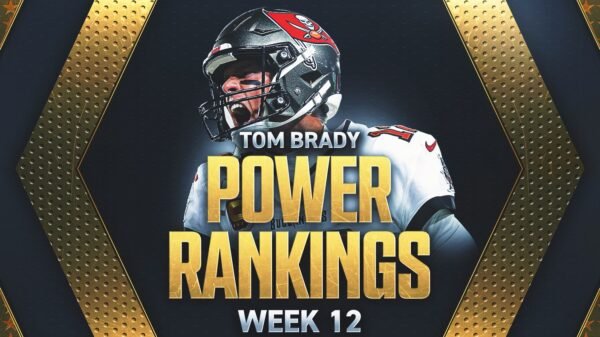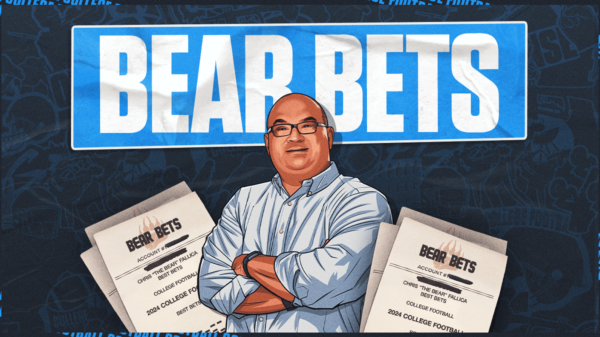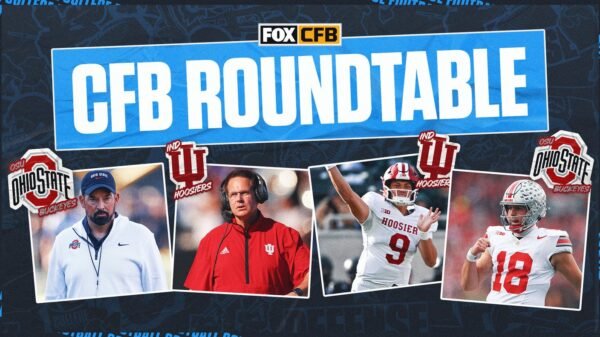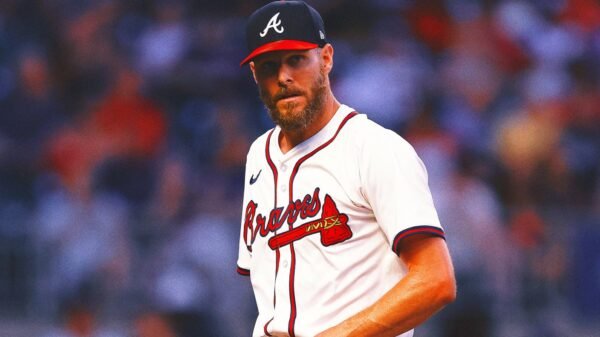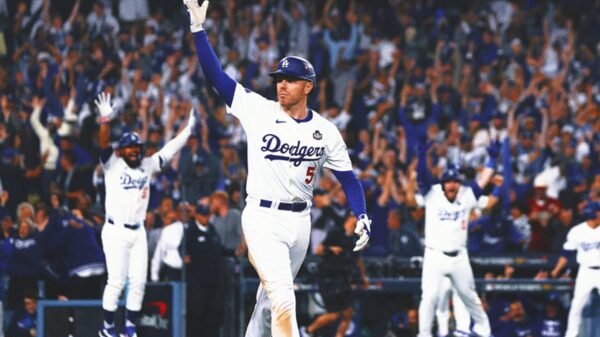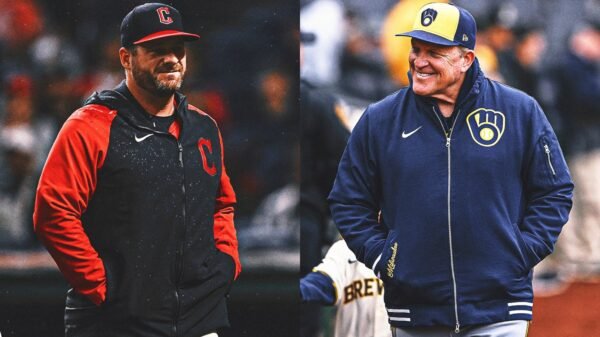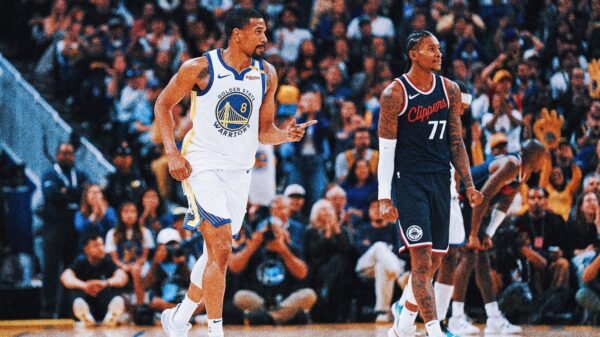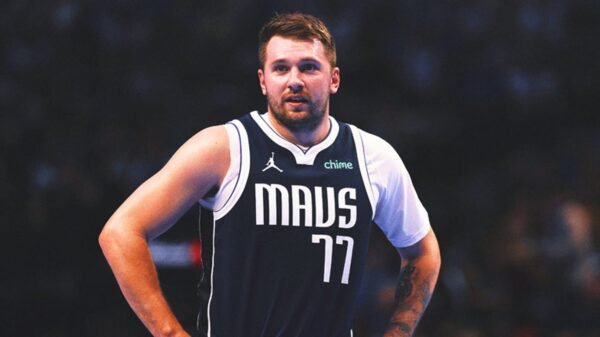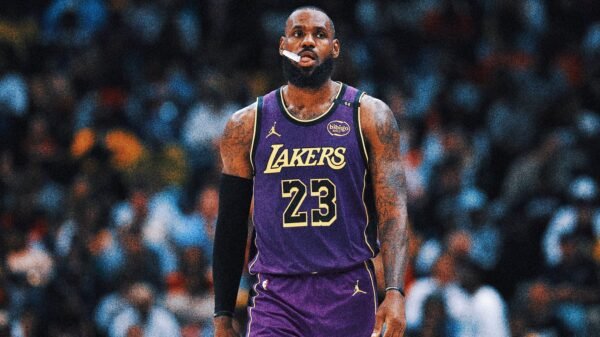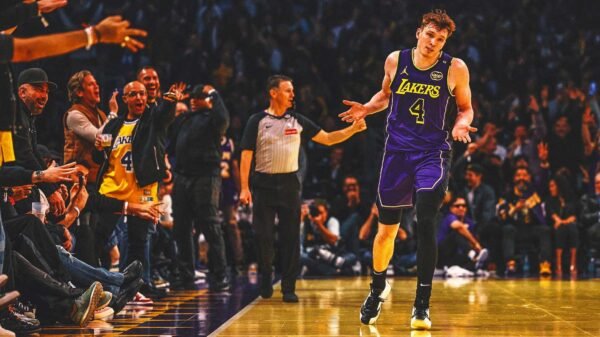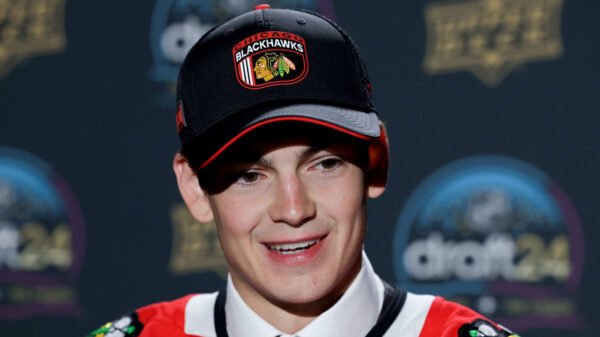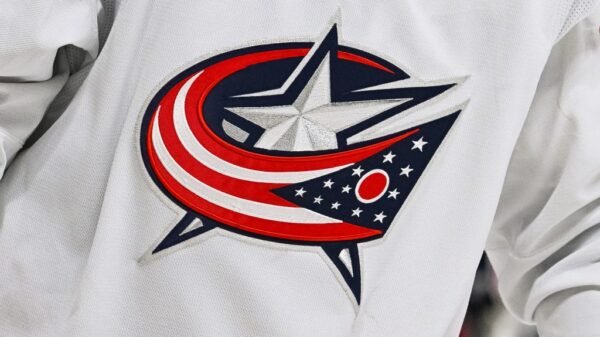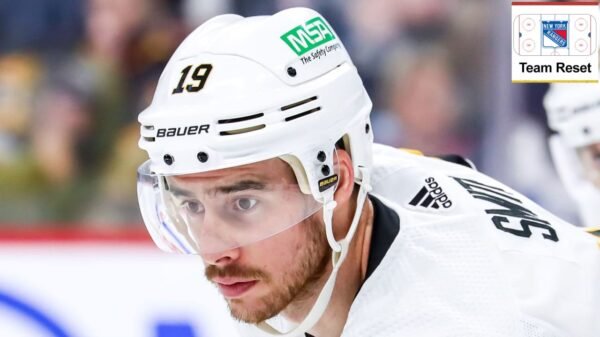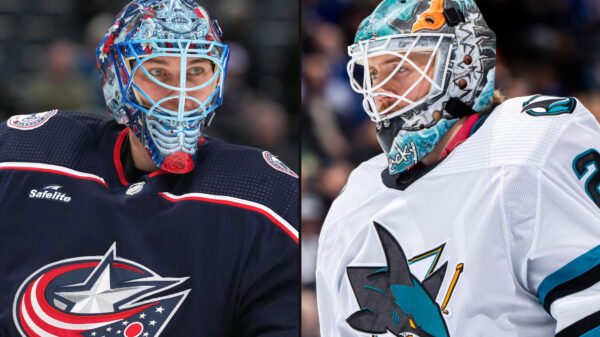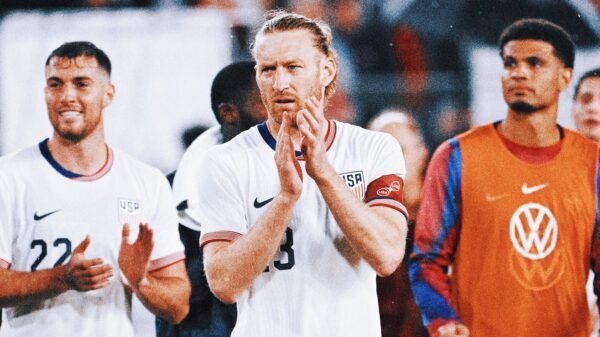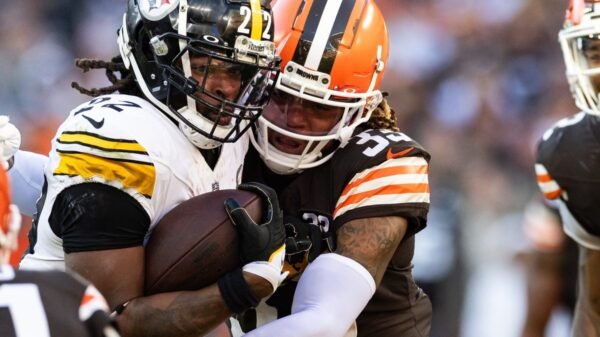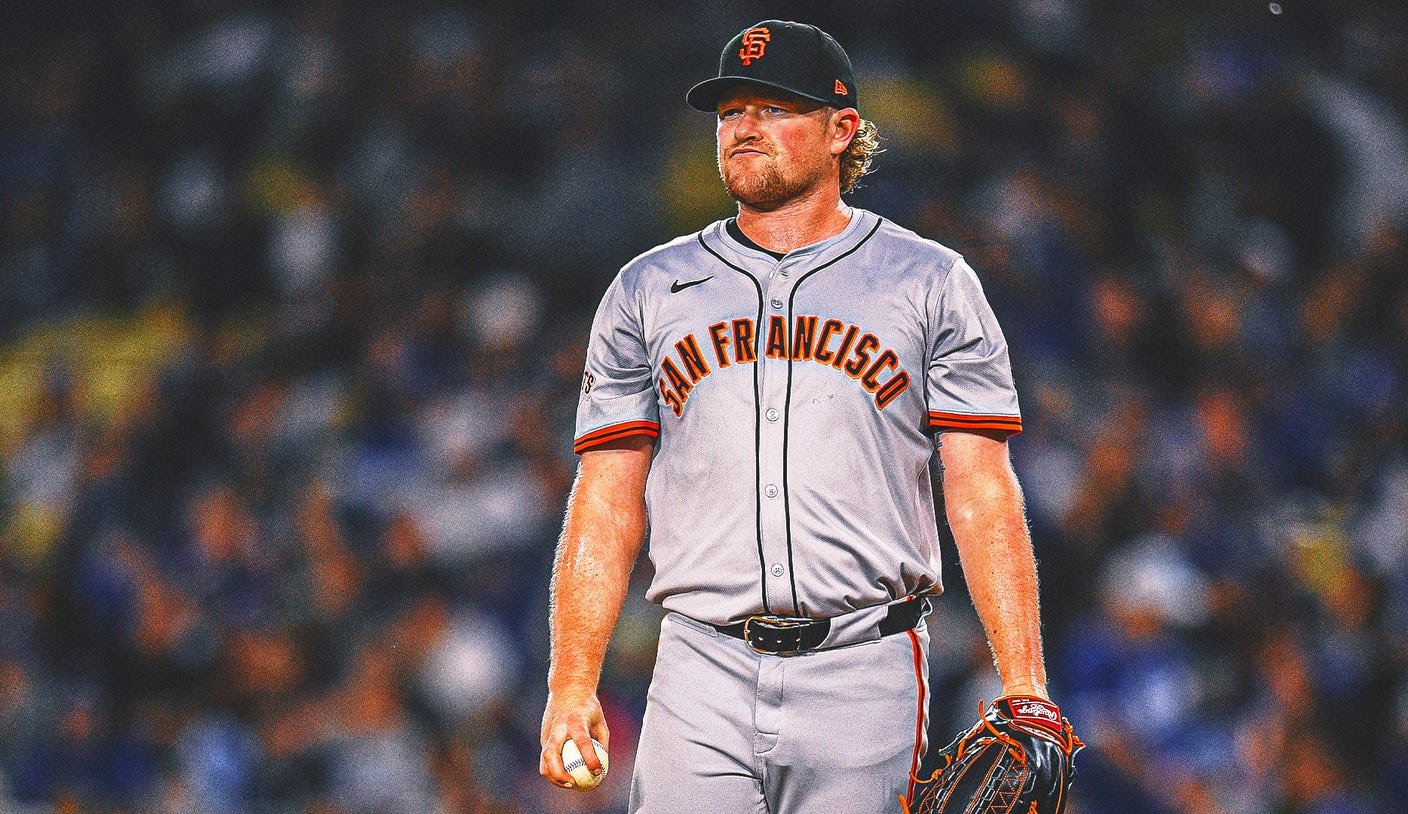John Smoltz is ‘in big-time favor’ of a six-inning minimum for Major League Baseball starting pitchers. He believes this approach could significantly enhance player health and longevity on the mound.
The ongoing debate centers around whether this shift is beneficial or detrimental for the sport.
Kavner: MLB is reportedly considering a six-inning minimum for starting pitchers as a strategy to maintain their health. What are your thoughts on this proposal? Are there alternative methods you would suggest to encourage starters to pitch deeper into games?
This concept is not just theoretical; it’s a teachable philosophy. Smoltz emphasizes that any adjustment made in the game should not create disadvantages for teams. He acknowledges that while some may resist change, especially when accustomed to traditional methods, necessary adjustments can redirect the game toward a healthier future.
Positive changes have already been implemented in the league, and the initial backlash has often subsided within months. Smoltz supports the six-inning minimum, asserting that it is not only feasible but also essential. He points out that pushing players to give maximum effort while risking injuries should come as no surprise. Although it may look appealing on paper, such strategies often fail in practice. Historically, minor leagues have not adequately prepared pitchers to go deeper into games. A rule change promoting this philosophy could lead to improved pitching performance across the league.
You mentioned the minor leagues, where pitchers often focus on maximum effort. Do you believe that a drastic shift is necessary to change this mindset?
To truly enhance the game, significant changes must occur. While impressive statistics like 1.90 ERAs and 290-300 strikeouts in 180 innings may seem ideal, if pitchers can only sustain such performance for a limited time, the long-term implications are concerning.
In light of the scarcity of hitting triple crowns over the past 50 years, what do you think about the simultaneous challenge from Shohei Ohtani, Aaron Judge, and Marcell Ozuna for this rare achievement?
Ozuna is having an outstanding season, earning MVP consideration and playing a pivotal role in keeping the Braves competitive amid injuries. Ohtani, while experiencing a dip in batting average, has increased his stolen bases, showcasing his versatility. Smoltz expresses enthusiasm for the triple crown race, dismissing those who downplay its significance due to an analytical perspective. Achievements that are rare in baseball history deserve recognition, and this year offers a unique opportunity.
With no teams on track for 100 wins, how does this level of parity affect the game?
The potential for playoff teams with sub-.500 records raises concerns, particularly if those teams advance and claim a World Series title. However, Smoltz believes that the 162-game season demonstrates what can happen when teams execute trades and strategies effectively. He views this parity as a positive aspect of the game.
This dynamic can shift annually. If a team is banged up but secures a playoff spot, it can lead to varying outcomes in the postseason. Many argue that entering the playoffs with momentum is ideal, yet it can also bring fatigue. Smoltz prefers teams that clinch late in the season, as it keeps players engaged and alert. Conversely, teams with nothing to play for can present challenges, especially if they spoil the hopes of teams still in contention.
Smoltz believes the current situation is demanding for teams like the Orioles, who are facing a tough schedule filled with playoff contenders. Despite the obstacles posed by injuries and a challenging calendar, he commends their resilience and ability to learn from past experiences.

